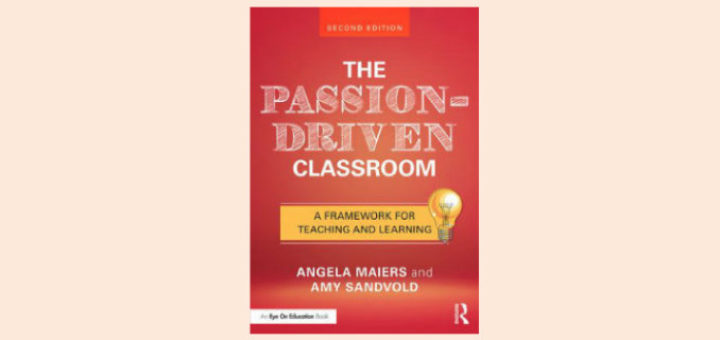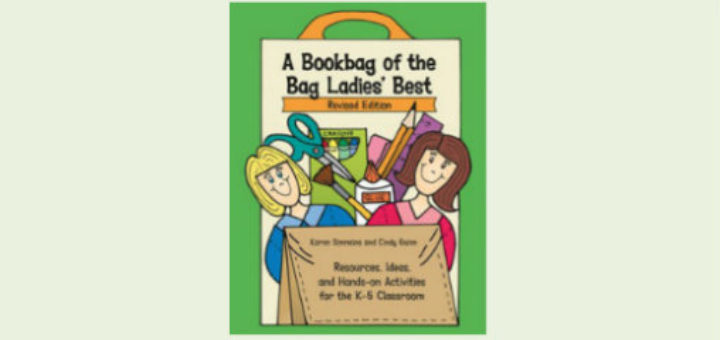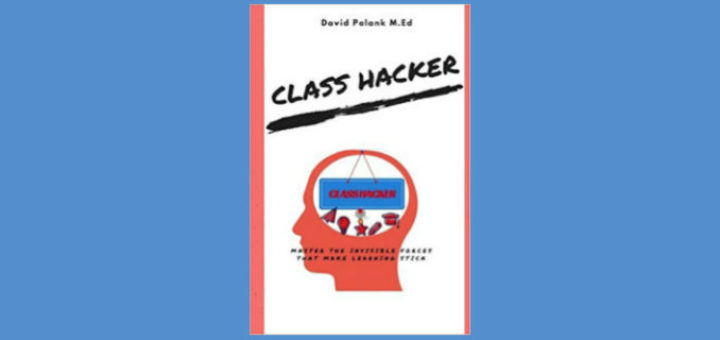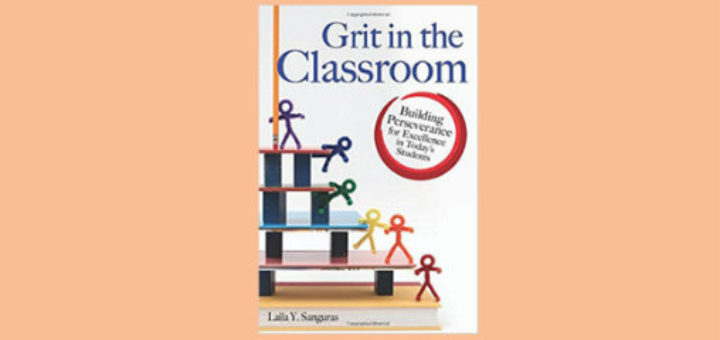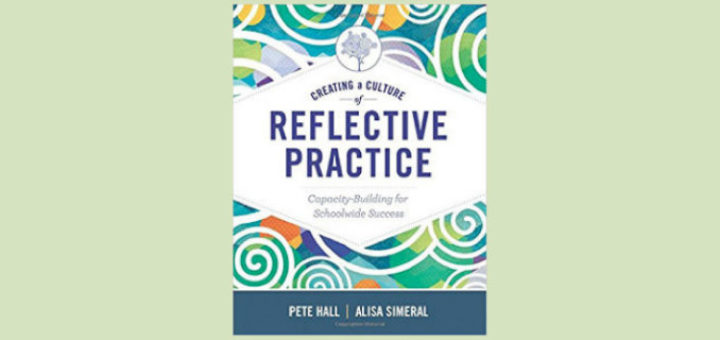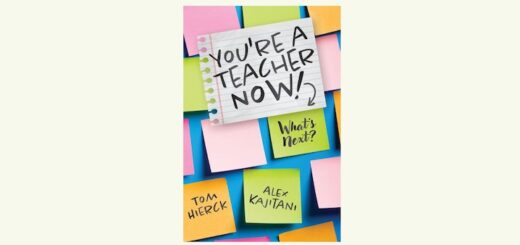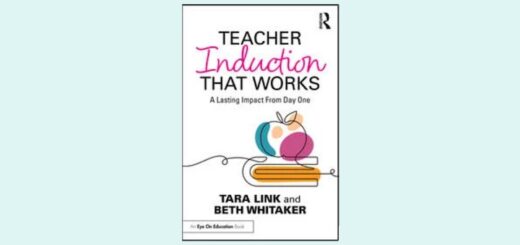Teaching and learning in grades 4-8
In “The Passion-Driven Classroom: A Framework for Teaching and Learning” Angela Maiers and Amy Sandvold provide an inspiring and practical resource for educators who embrace or want to explore the student-centered focus of passion-based learning, says Jacie Maslyk.
Photos, zipper baggie quilts, stick puppets, story time capsules and more – all add to the learning in Simmons and Guinn’s collection of hands-on activities for kids in K-5. Educator Elizabeth OBrien says activities can be easily adapted from one subject area to another.
Executive function is the missing link to student achievement, author Nancy Sulla says. If students don’t develop the brain-based skills to focus, catch and correct errors, and identify cause-and-effect relationships, they can’t make sense of even the best lessons.
The tumultuous and difficult year of 1968 is getting lots of media attention during 2018 because it marks the 50th anniversary of so many newsworthy events in America. Media literacy expert Frank Baker says the anniversary focus offers many teaching opportunities.
Lauren Brown and her middle schoolers are in the sweet spot of the school year – settled after the holidays and with spring break in the distance – a perfect place to deepen learning built on established relationships and student skills developed over past months. Snow days help, too.
Ongoing shared professional learning helps bolster teachers’ willingness to embrace change and collaborate. Barbara Blackburn and Ron Williamson highlight three targeted activities: learning walks, lesson studies, and a strategy to develop consistent expectations.
David Palank’s Class Hacker is so enthusiastically and conversationally presented and informative that it needs to get into the hands of teachers in order to change instruction, writes former principal and writer Mary Langer Thompson.
Laila Sanguras helps educators better understand the nature of grit and think about how to build a culture of grit for all students, including the gifted. Reviewer Linda Bollendorf says the author, a former middle grades teacher, writes with humor and practicality.
Hall and Simeral use an entertaining yet professional voice to share their decade-long research aimed at implementing a process of teacher self-reflection and collaboration across entire schools that positively impacts instruction and results in higher student learning.
For many students, grammar is mostly about memorizing rules and having teachers correct their mistakes. Author Sean Ruday’s Bachelor Grammar activity helps them see how authors use grammatical concepts purposefully to make a piece of writing as strong as possible.

